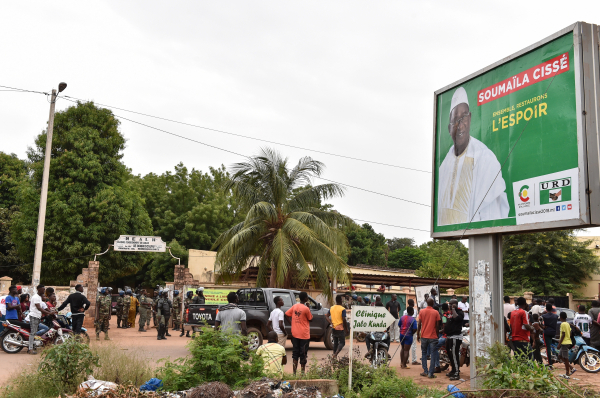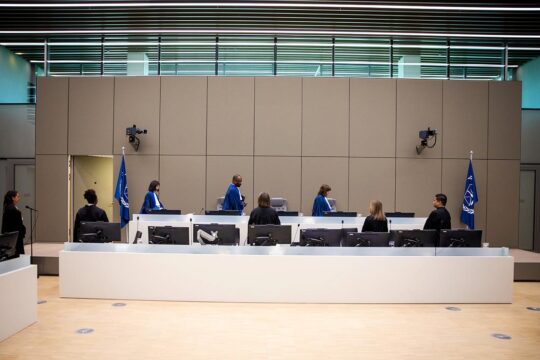The eyes of the world are on Mali, where voters went to the polls on Sunday July 29 in presidential elections. It is hoped these polls will help the country emerge from its current stalemate in implementation of the 2015 peace accord, which provides notably for transitional justice mechanisms after years of serious human rights violations.
The international community is also hoping that a relaunch of the peace accord could boost the fight against Jihadist groups which continue to launch attacks in Mali and in the whole Sahel region.
On the eve of the poll, UN Secretary General Antonio Guterres urged “all political actors in Mali to commit to making this poll a peaceful, free and transparent process, and to resolve any possible dispute through the appropriate institutions in accordance with the law”. Guterres stressed that “peace and reconciliation for all Malian citizens must prevail, irrespective of the electoral outcome”. Despite this call, there were some attacks on equipment and staff at polling stations in the north and centre of the country.
This election comes after the one in 2013 which allowed a return to constitutional rule after a coup d’Etat the previous year by junior army officers. The coup marked a crumbling of the institutions as parts of the north fell to Jihadist groups and separatist, mainly Touareg rebels. Public flagellation, destruction of cultural heritage, amputations, rape, assassinations and other serious crimes were committed during the occupation of the north, while deadly clashes between soldiers and kidnappings took place in the south.
As Mali awaits the outcome of the vote, the Democratic Republic of Congo (DRC) still does not know if its current president Joseph Kabila will be a candidate in elections scheduled for December. Filing of candidacies officially started on July 25 but Kabila, whose second constitutional mandate expired in December 2016, continues to maintain the suspense about his political future, fuelling suspicions that he may seek a third mandate banned by the Constitution. The peaceful struggle for democratic change already has its martyrs in the DRC. Many politicians believe like parliamentarian Nzangi Muhindo that “if Joseph Kabila runs, the electoral process will stop”.
Meanwhile, in a move hailed by Trial International and Physicians for Human Rights as a strong signal against impunity, Congolese military justice on July 26 confirmed 11 life sentences handed down in the historic trial of 20 religious sect members. The 11, who include provincial parliamentarian Frédéric Batumike, were found guilty of rape as crimes against humanity.
On the same day in Côte d’Ivoire, the Supreme Court overturned the 2017 acquittal of former First Lady Simone Gbagbo for alleged crimes against humanity during the post-election crisis of 2010-2011. Simone, whose husband Laurent Gbagbo is on trial at the International Criminal Court (ICC), was not released after her acquittal judgment since she is already serving a 20-year prison sentence for “endangering State security”.







